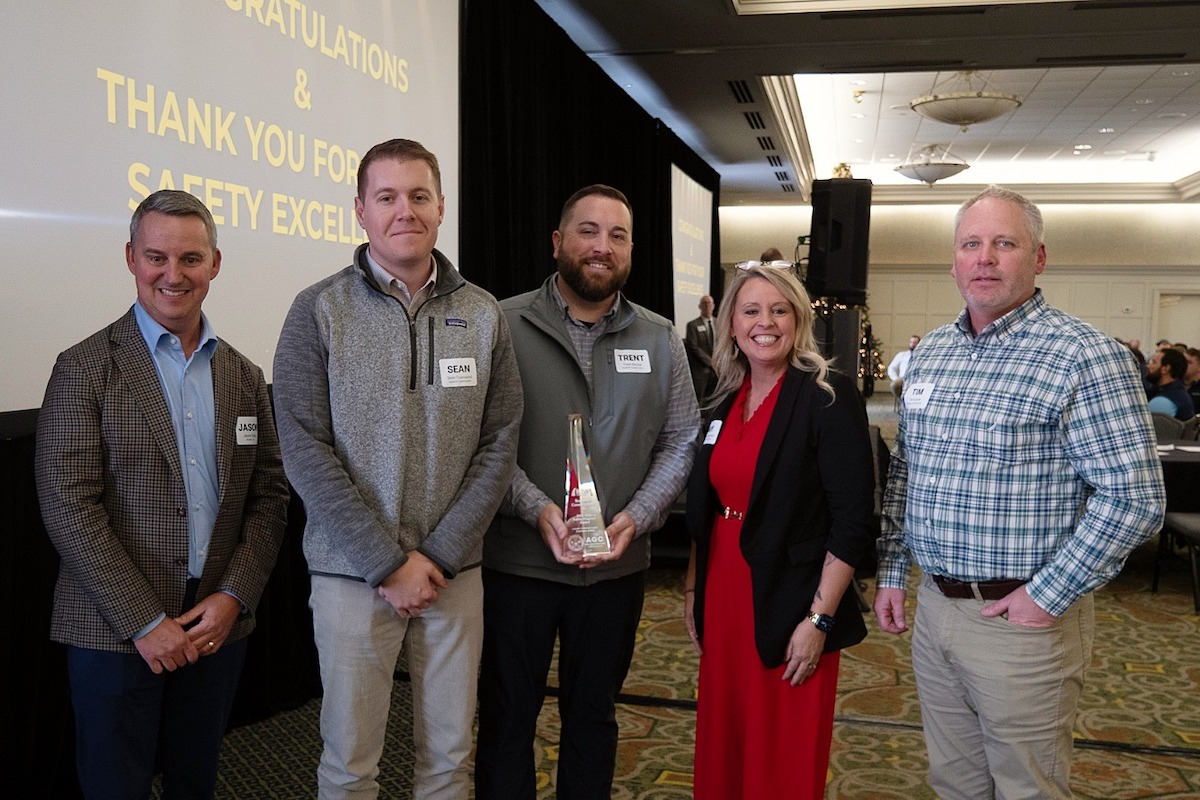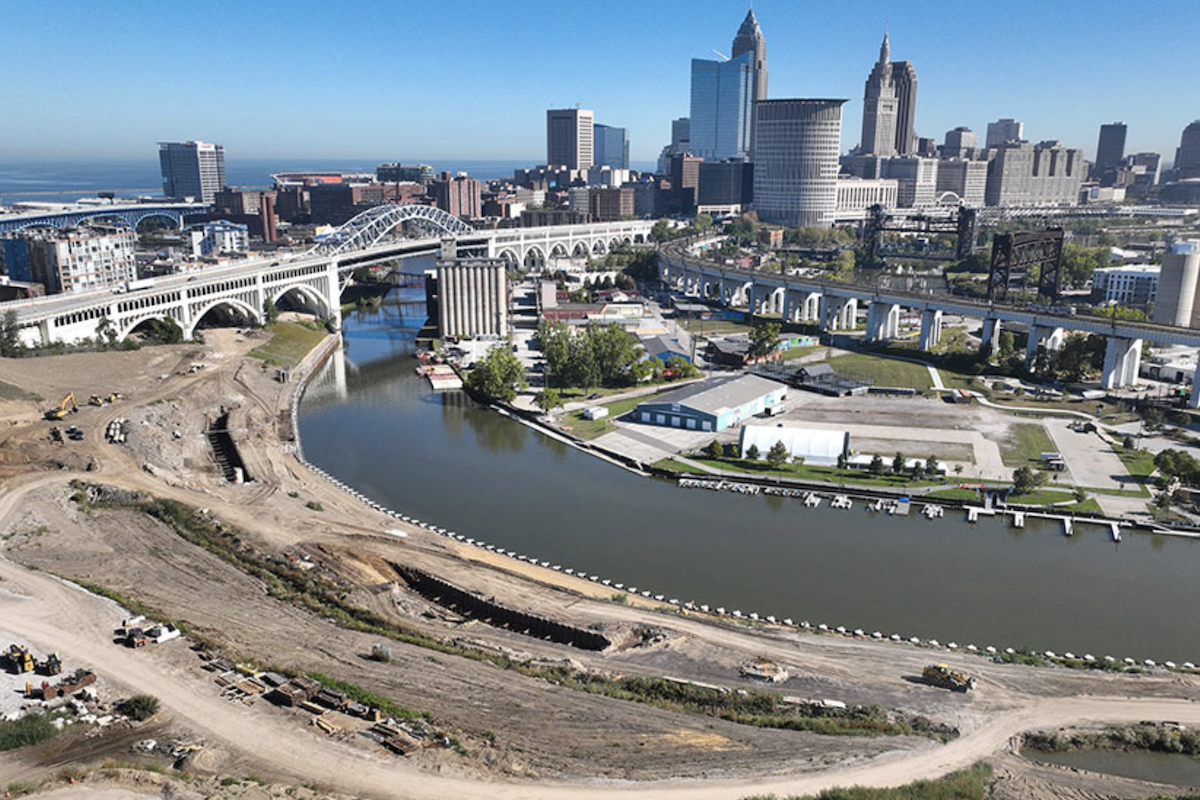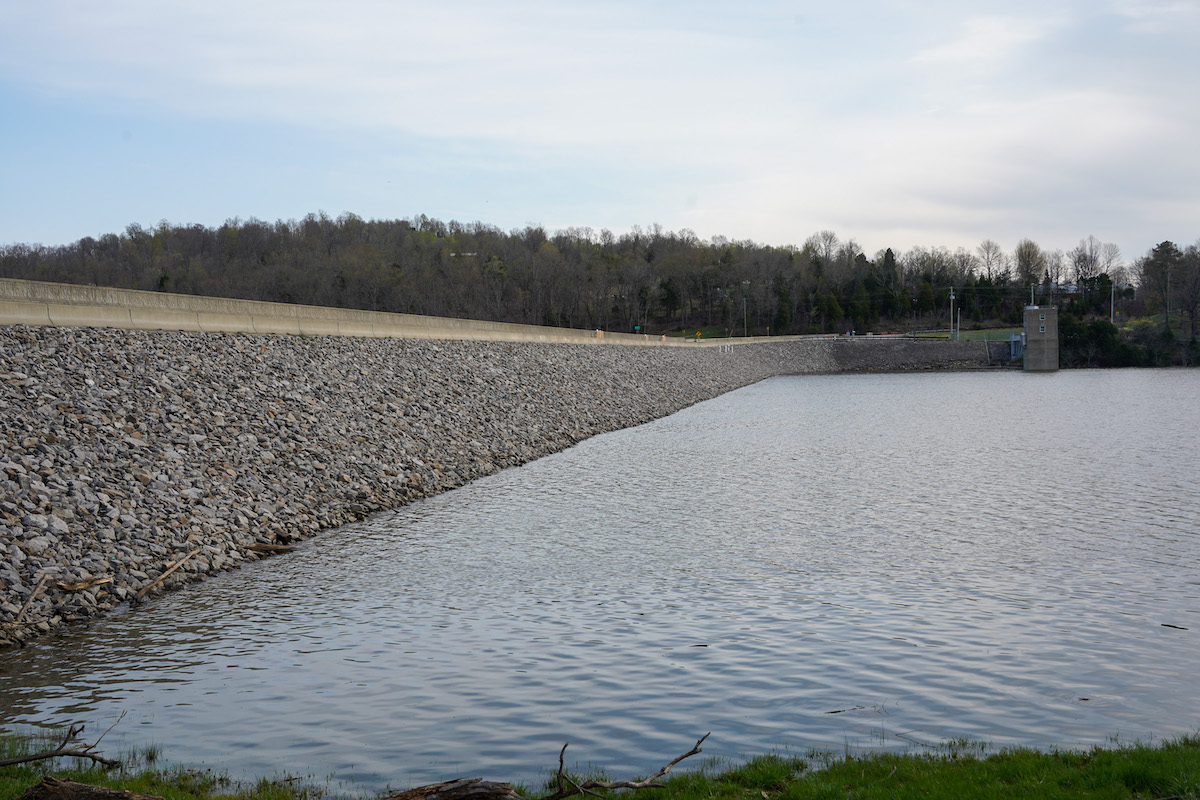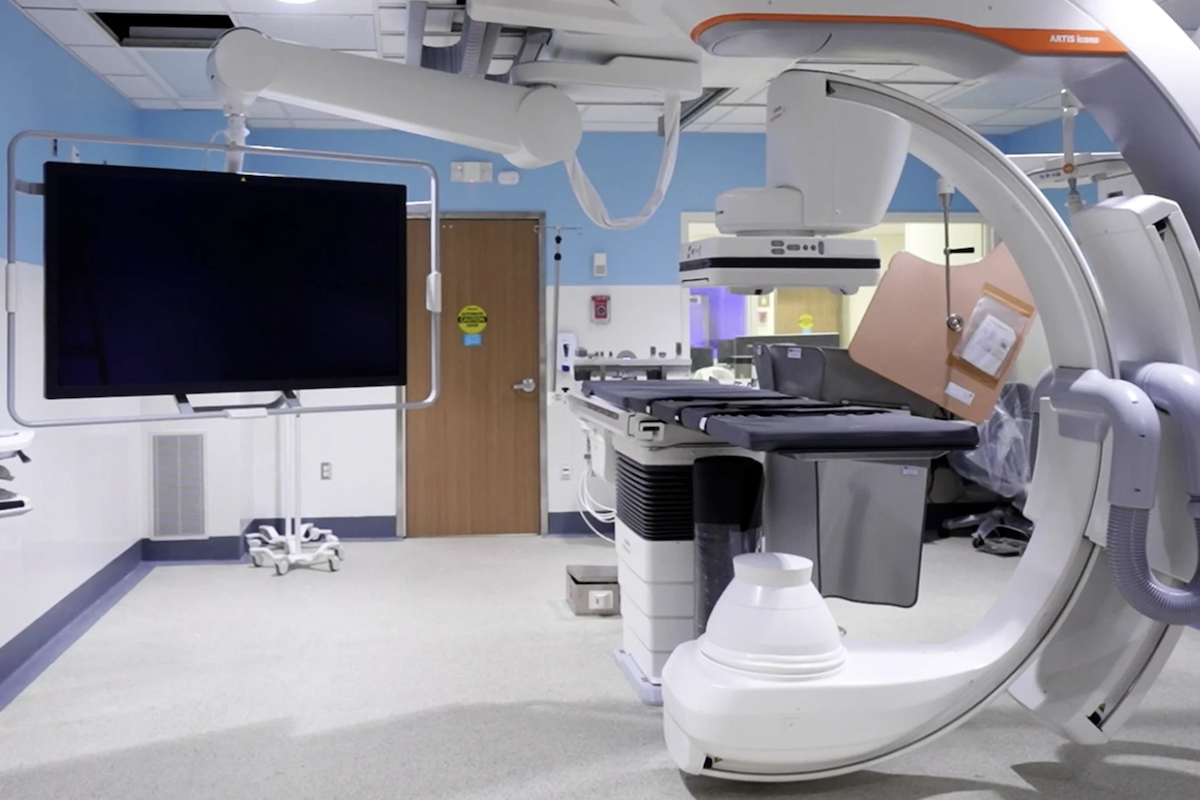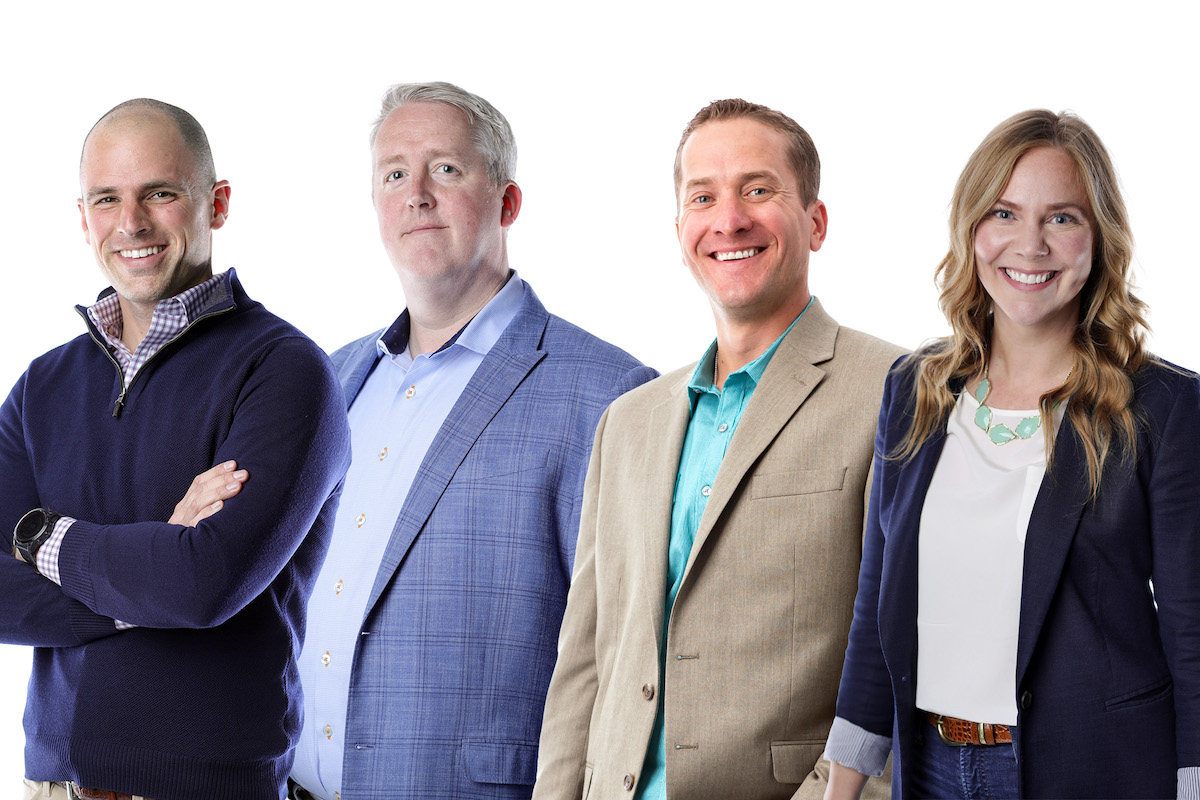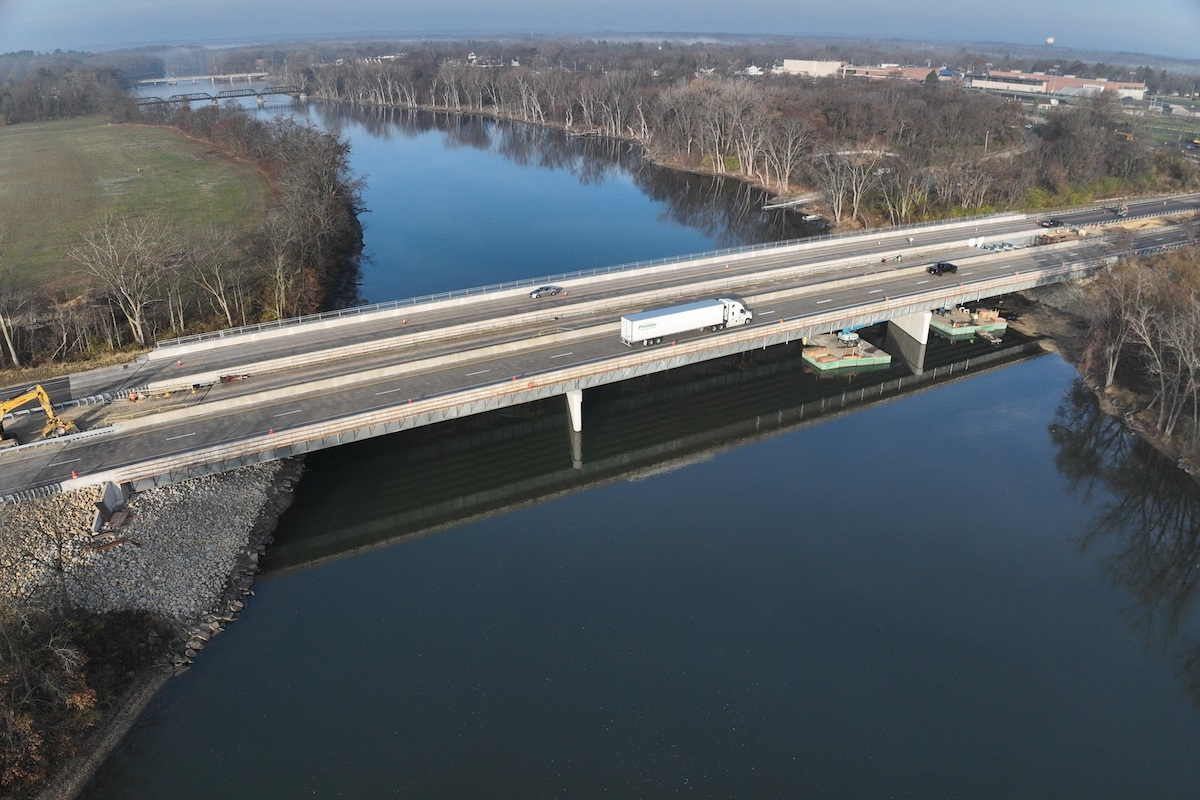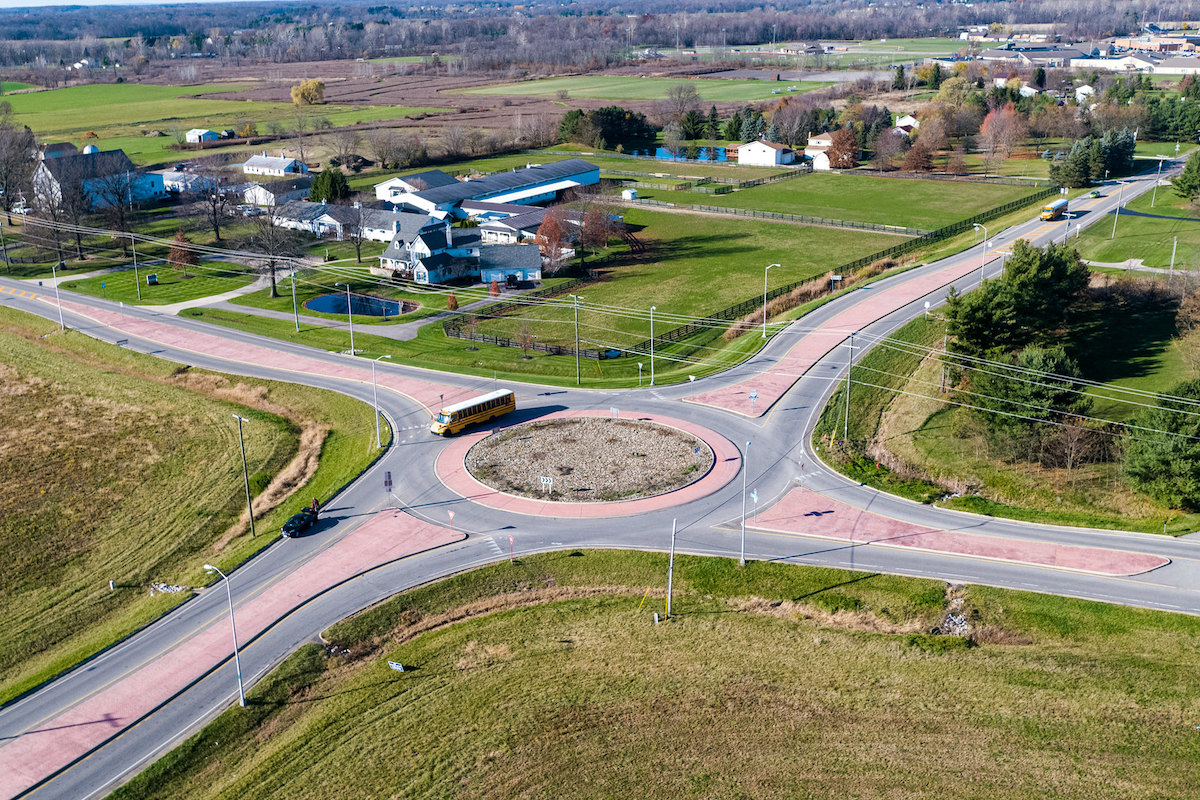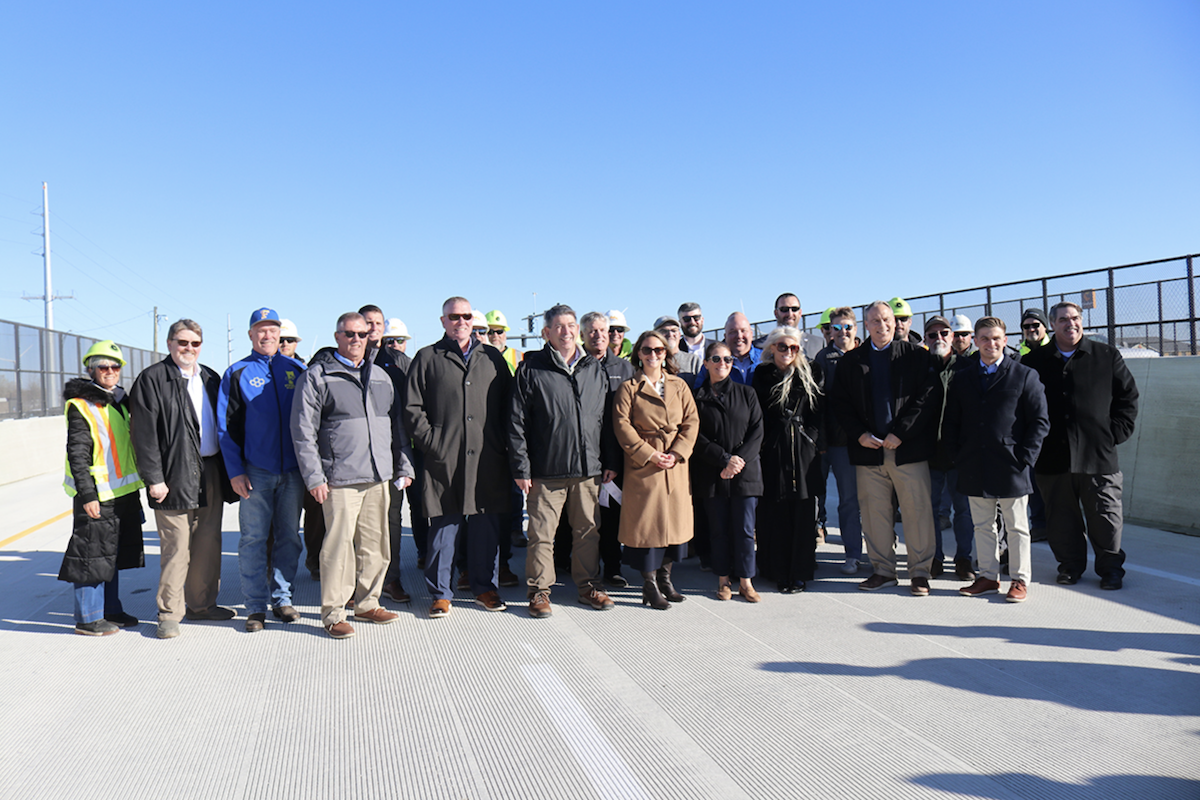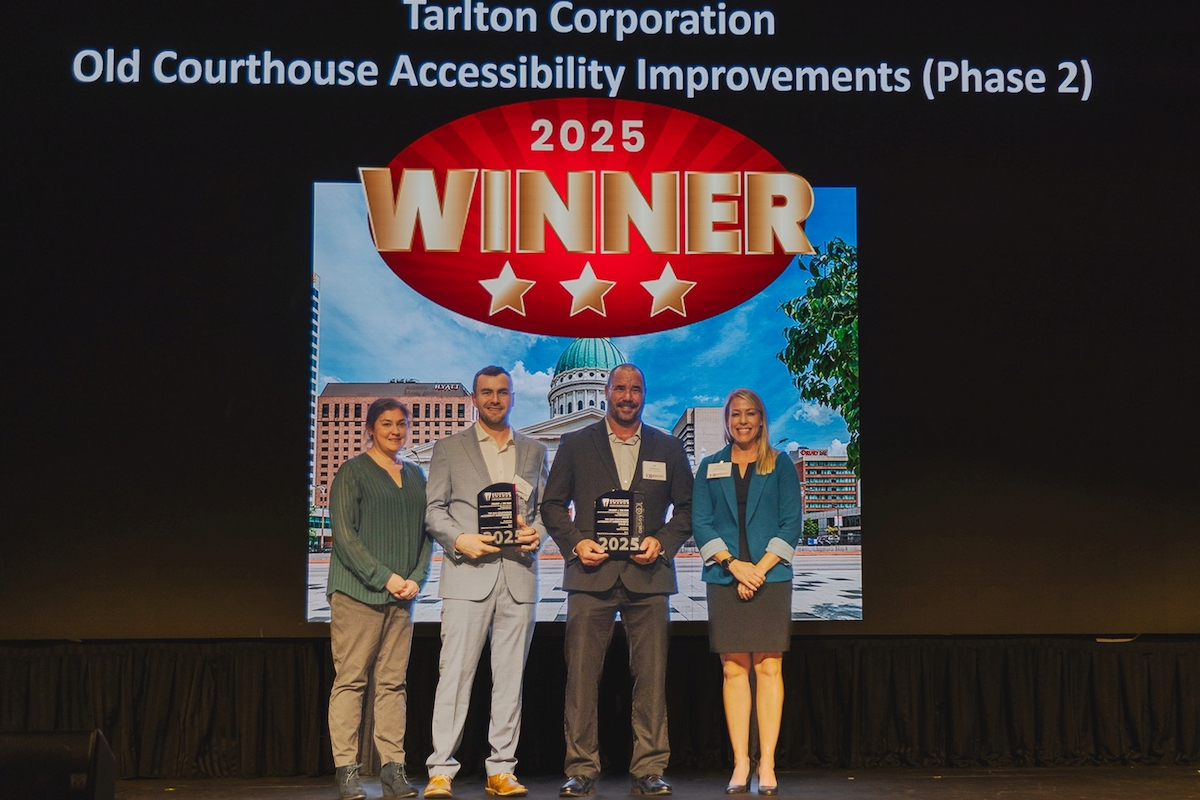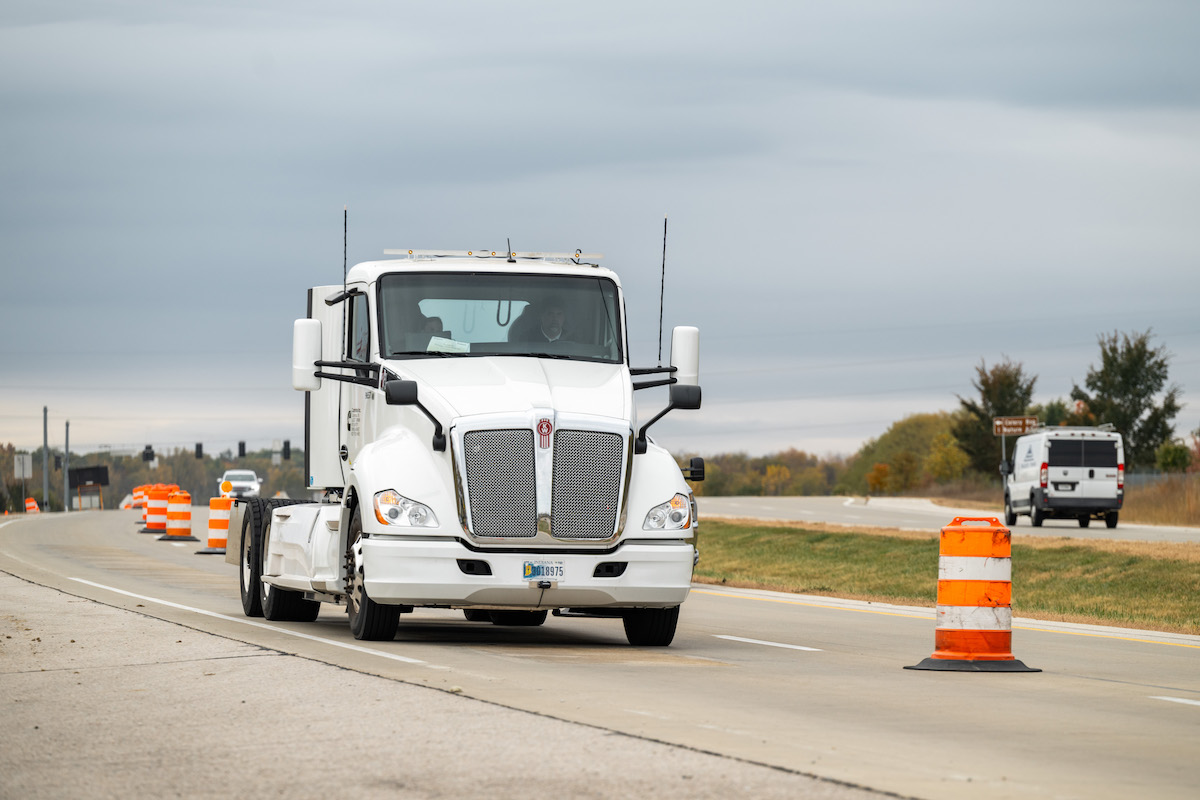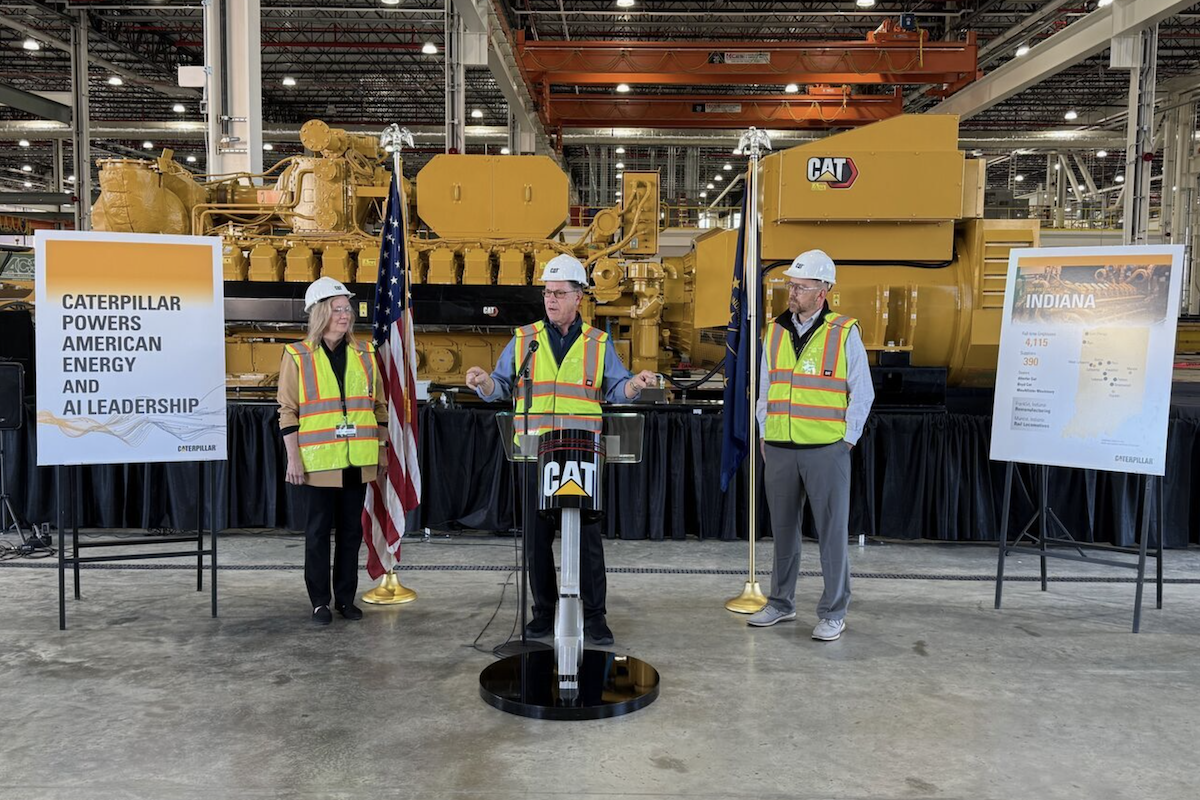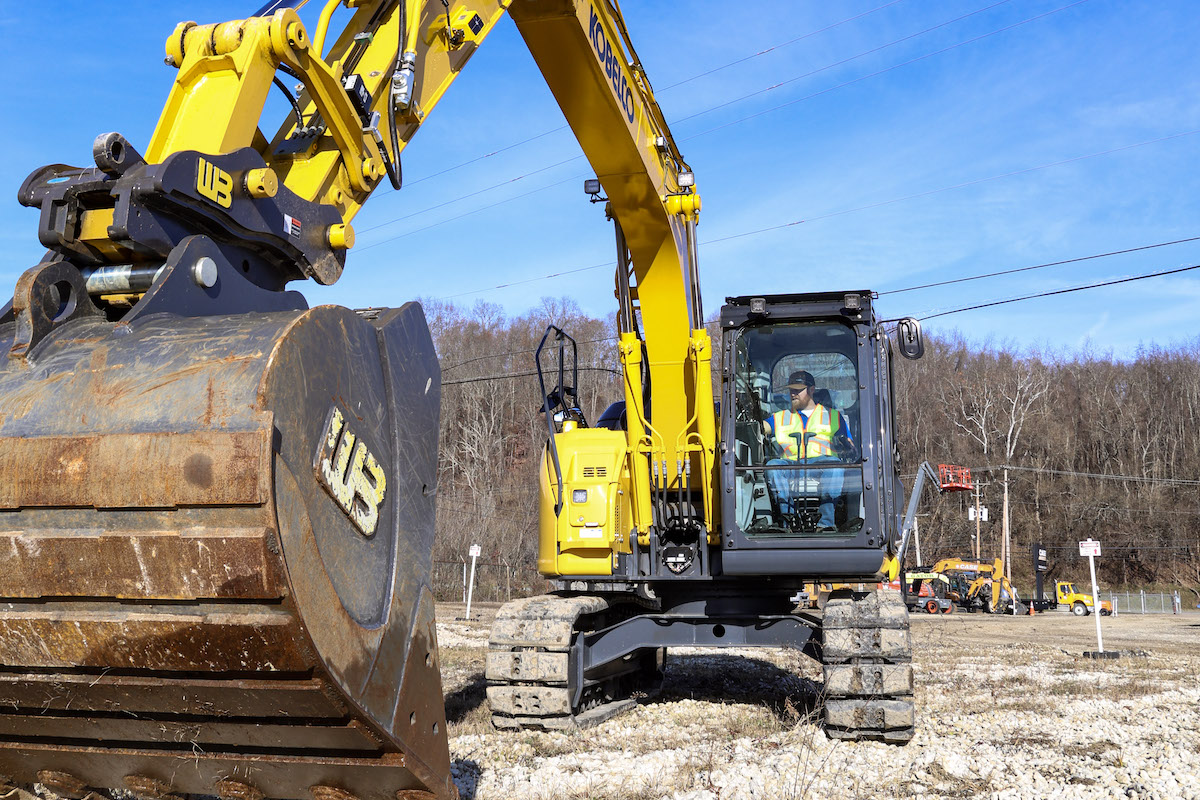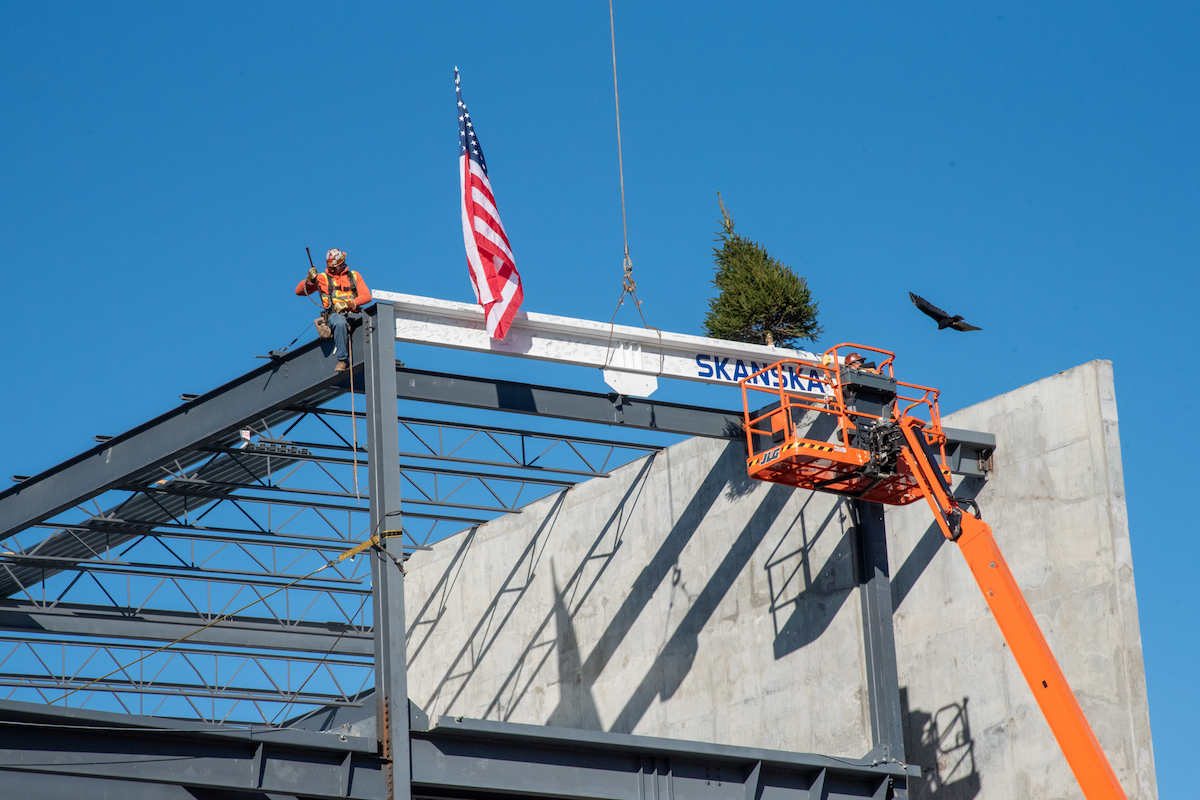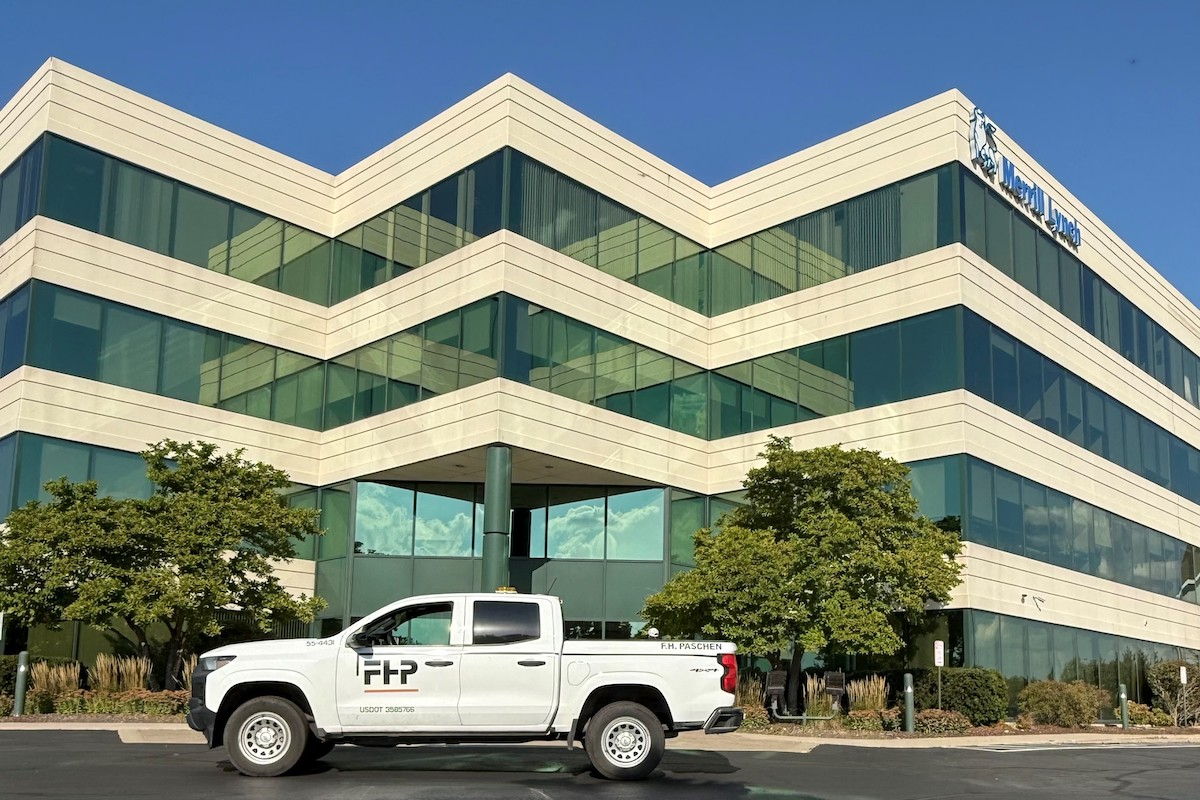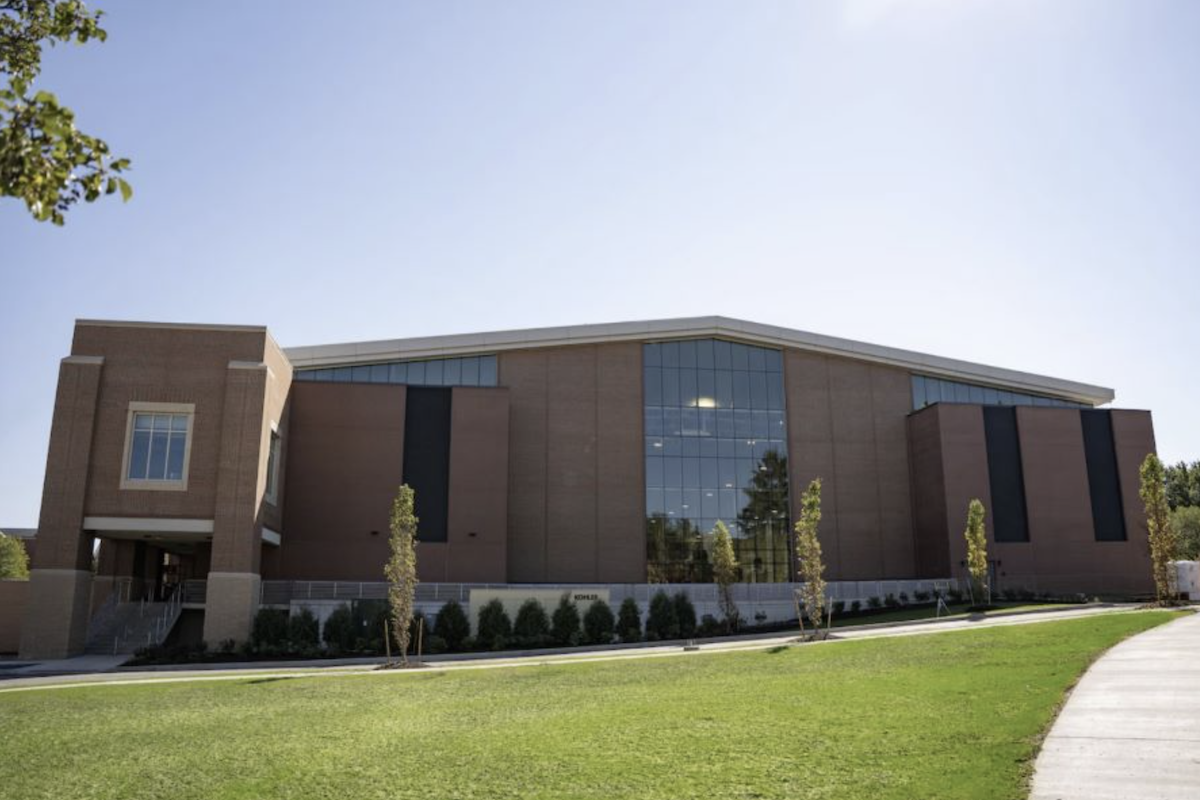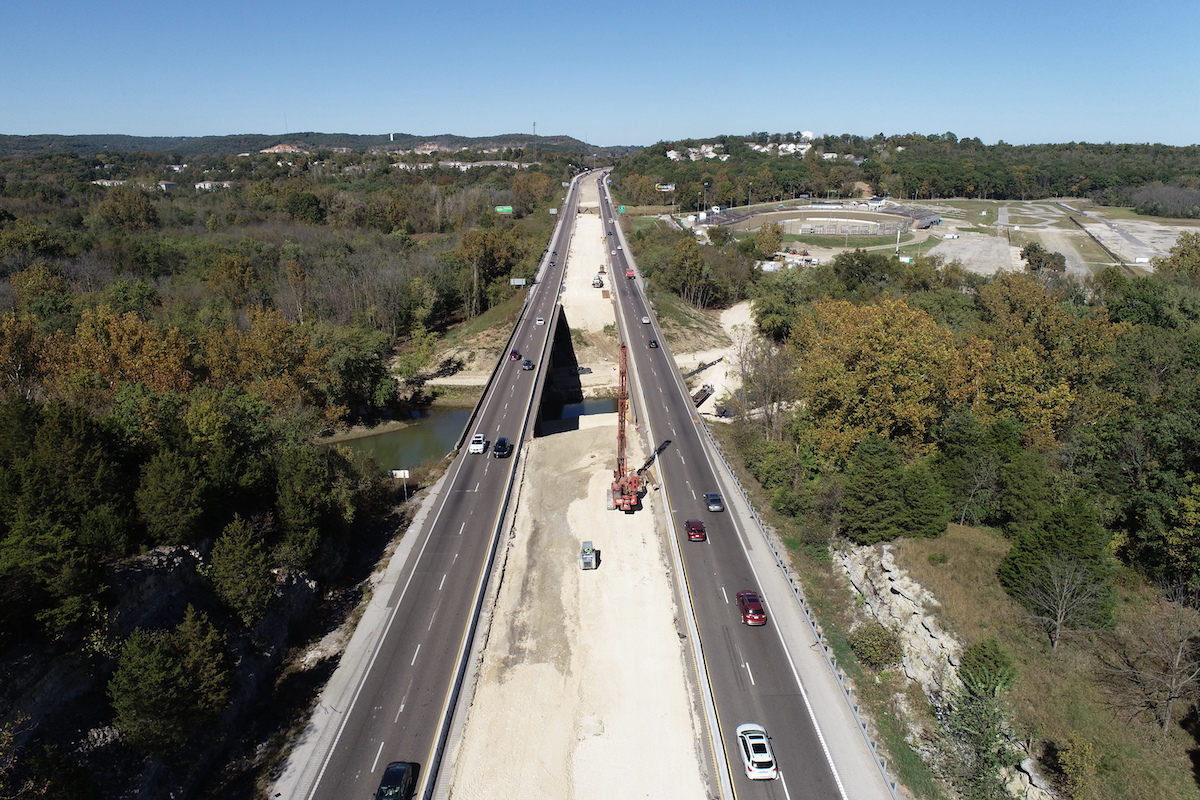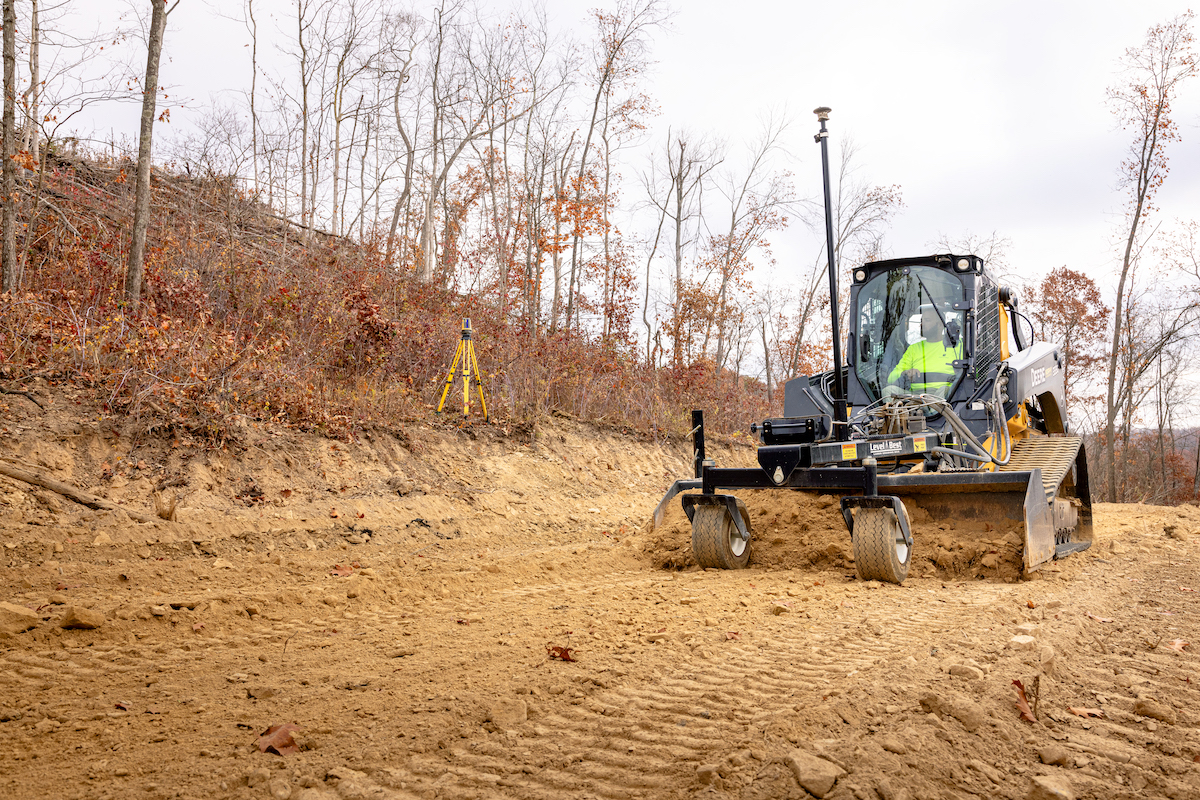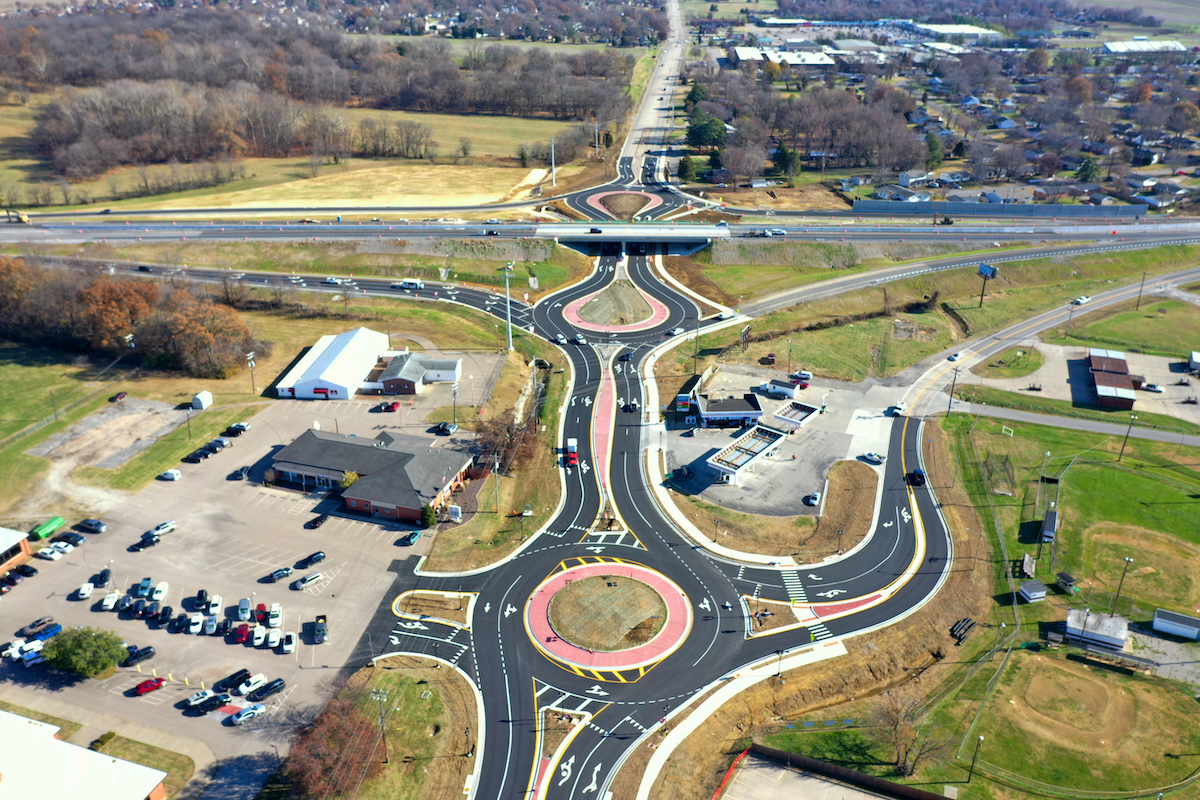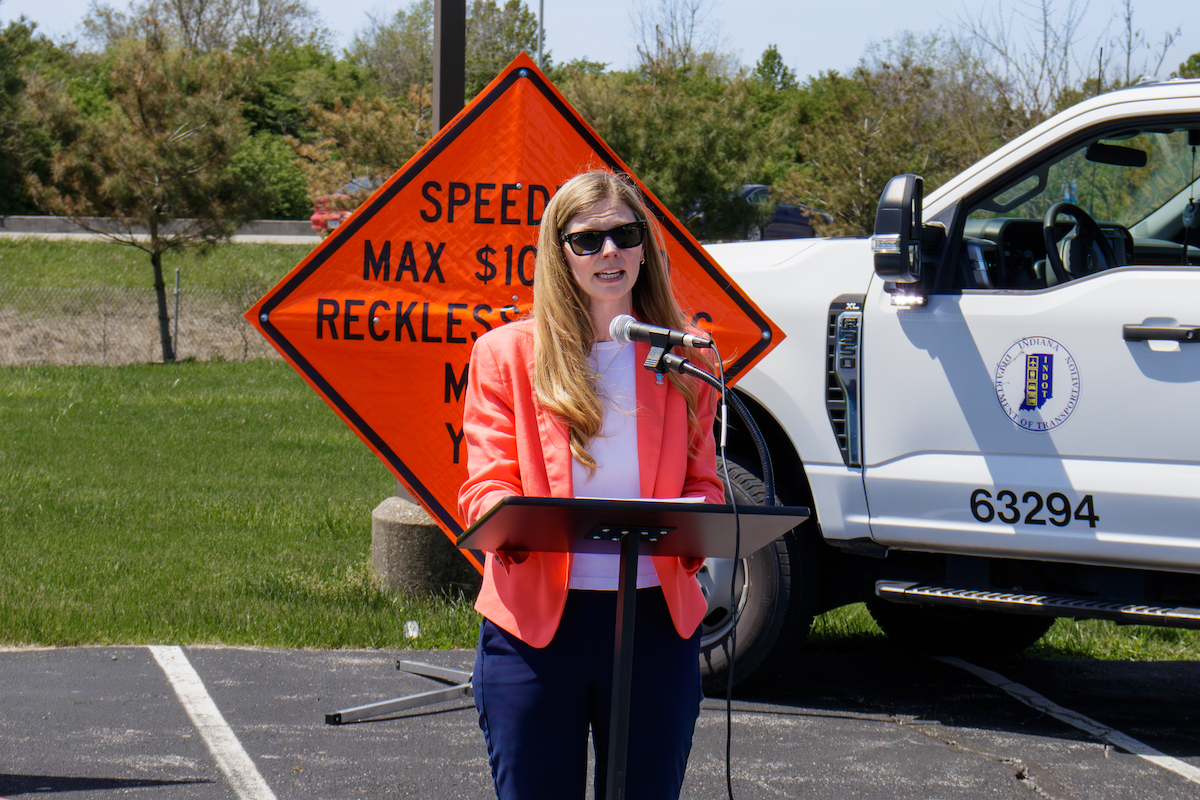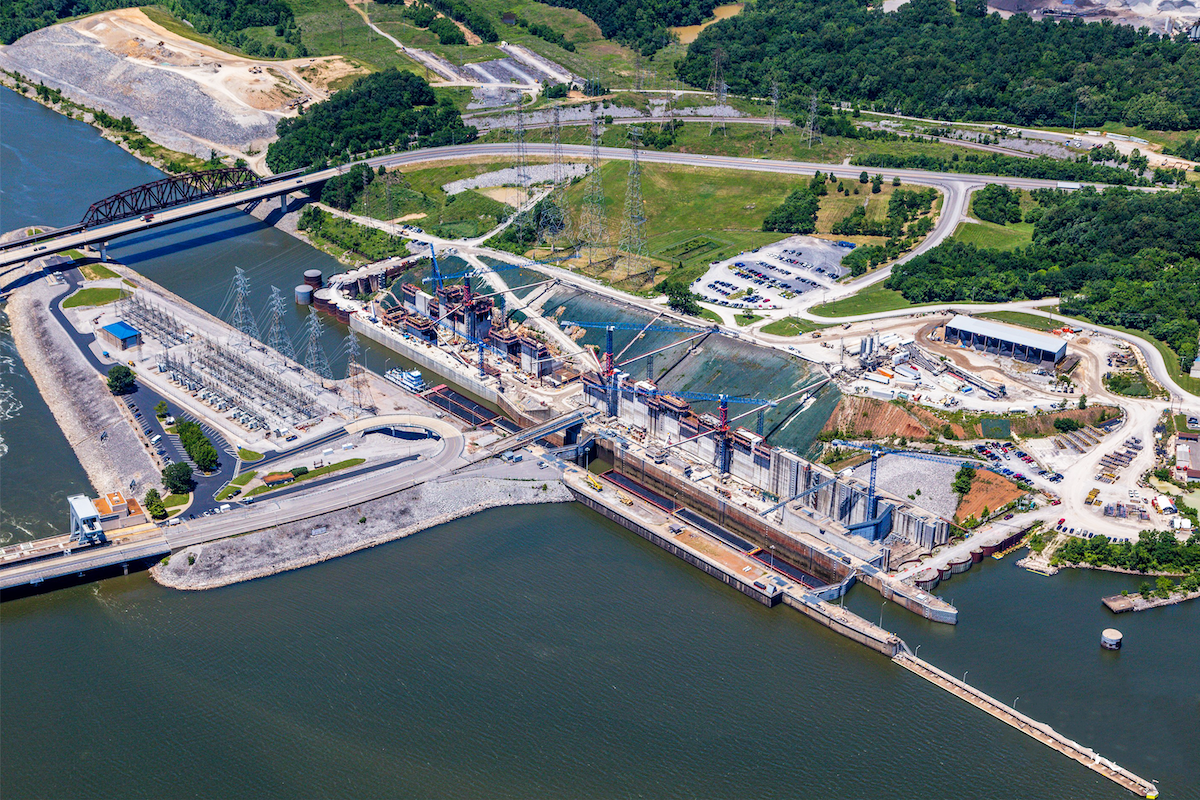Constructed on the fourth floor of the Medical School’s 4444 Forest Park Avenue building and adjacent to the McDonnell Genome Institute and Informatics Institute, the new Mass Spectrometry Center features 8,000 square feet for new instruments, sample preparation, computational analysis, and training of medical students, post doctorates, and fellows. Mass Spectrometry is an analytical laboratory technique used to separate the components of a sample by their mass and electrical charge.
Higher education design experts KWK Architects worked with the university’s Faculty Design Committee and engineering team to design this new space, which includes:
- An open instrument lab for up to 20 mass spectrometers
- Expansion space for an additional four mass spectrometers
- Wet lab bench space for sample prep. (approximately 1,700 square feet)
- Three private offices for on-site staff
- Six technology spaces
- Sixteen touchdown spaces for visiting users
- Collaboration/kitchenette space
- A large conference room with two huddle rooms
- A lactation room
KWK designers specified sustainable materials for the renovation that would provide long-term durability and low maintenance. Casework, flooring, and ceiling products with high-recycled content and low VOC emissions, along with zero VOC paint were specified to create a sustainable project.
The design/construction team included SSC Engineering, Interface Construction, National Electric, C&R Mechanical, Kams Mechanical, and Dynamic Controls.

| Your local Wirtgen America dealer |
|---|
| Brandeis Machinery |
In 2015, Washington University School of Medicine hired KWK Architects to develop a phase one campus plan. The Building Connections plan included vital mission areas, such as medical education, led by KWK Principal Eric Neuner. KWK facilitated a detailed review of the Medical Education Program with key leaders of the medical school.
Since the master plan's completion in 2015, KWK has worked on over 50 design and study projects on the School of Medicine Campus. These include projects outlined in the master plan and additional enabling projects that have helped support campus growth and recruitment activities. Recently completed projects were the final phase of the 2015 Phase One Education Renovation Plan.















